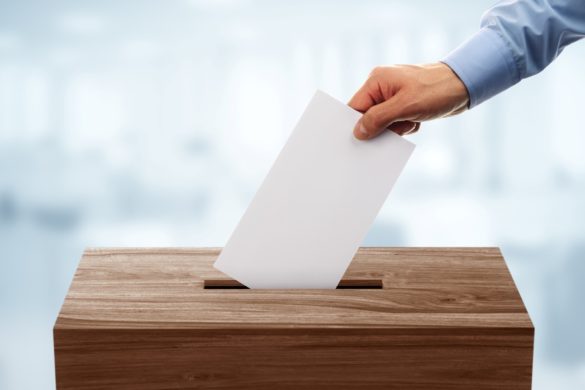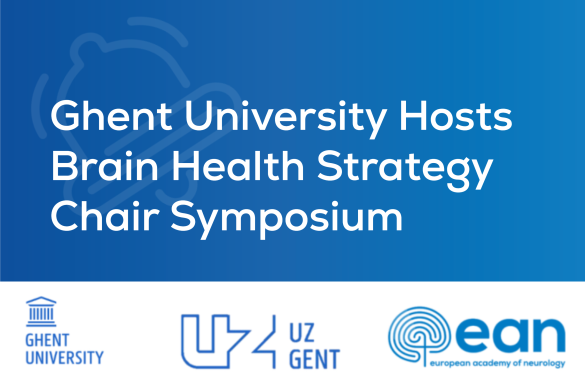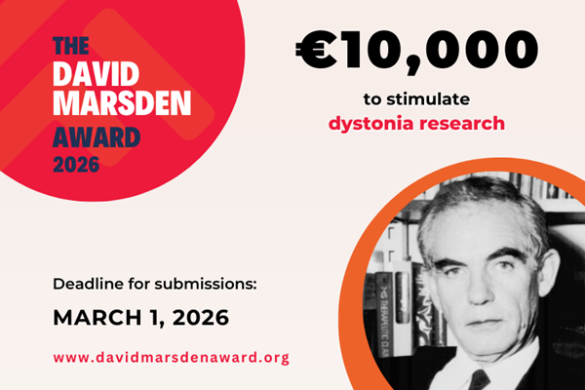Alongside preparing for the congress, we’ve spent the last few months asking various important people connected with the event which sessions they most strongly recommend to other participants. To give you a little helping hand in planning your own schedule, we’re compiling those recommendations for each congress day. So, check out the hot tips for Sunday below, and look out for more articles on must-see sessions in the following days.
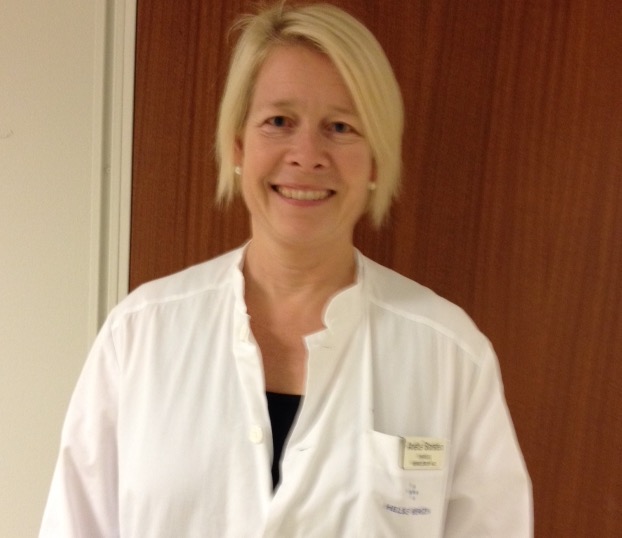
Anette Storstein
Chair, Scientific Panel of Neuro-oncology; Speaker at EAN 2021
Bergen, Norway
Must-See Session: EAN/ISNI Immune checkpoint inhibitors: a step towards precision neurology
Date & Time: Sunday, 20 June, 08:00 to 09:30 in Room Budapest
Checkpoint inhibitors are one of the most exciting recent therapeutic developments in cancer therapy. However, the increasing use of these targeted treatments has also led to new insights in autoimmune neurological diseases, as well as new diagnostic and therapeutic dilemmas. Paraneoplastic neurological syndromes evolving after immune checkpoint inhibition and adverse events affecting the nervous system are now highly relevant and important issues that should interest all neurologists. I really look forward to hearing about this in the talk on neurological toxicity. I will also definitely not miss the two talks on potential therapeutic use of immune checkpoint inhibitors in infectious diseases of the CNS and in neuro-oncology.
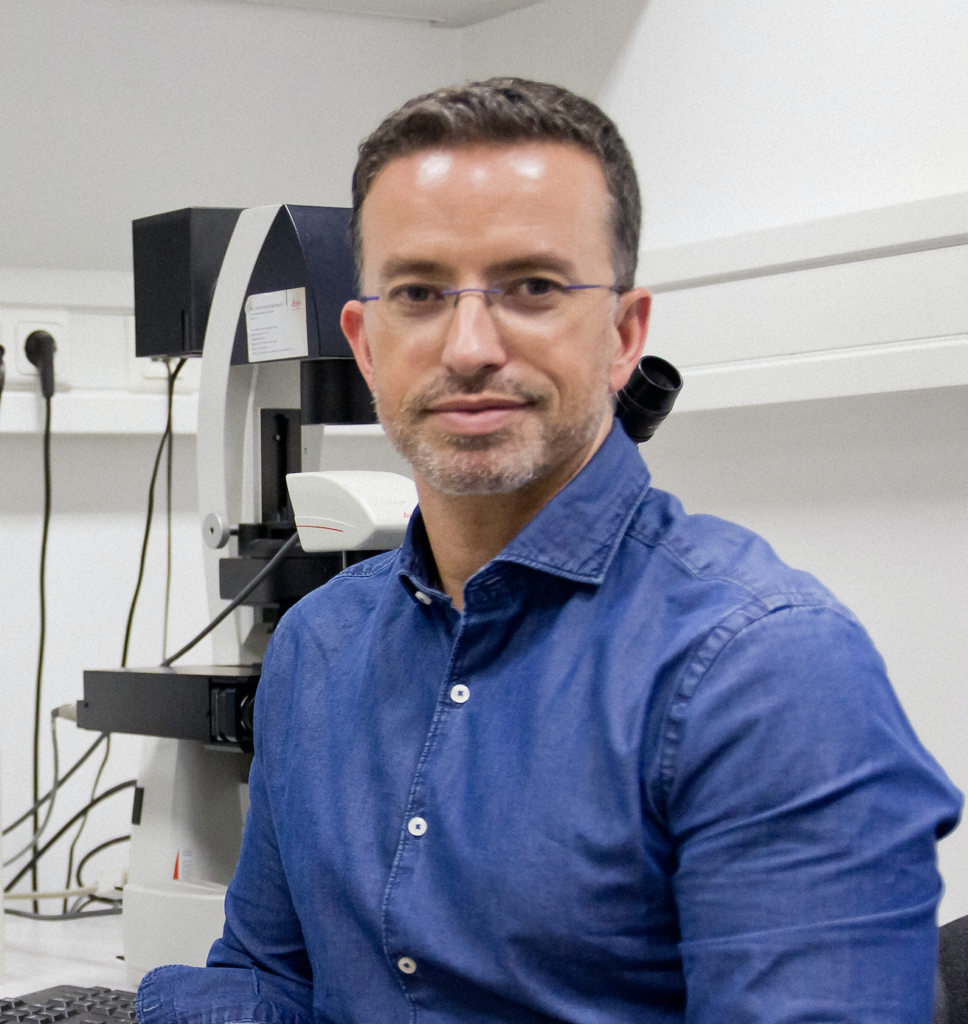
Tiago Outeiro
Speaker at EAN 2021
Goettingen, Germany
Must-See Session: FW10 EAN/MDS-ES: Experimental therapies for rare movement disorders
Date & Time: Sunday, June 20, 08:00 to 09:30 in Room Vienna
The EAN congress offers several sessions I do not want to miss. We are living in exciting times when the pace of discoveries and advances is faster than our ability to integrate and interpret their precise meaning. Large data sets of molecular information, novel genome editing tools, and better molecules for targets of interest enable us to formulate and test novel hypotheses. In this context, I really want to learn about the latest experimental therapies being tested. If these prove successful, they will certainly form the basis for other neurological conditions affecting larger groups of patients. Successes will be game changers, but failures will also be informative. The rare movement disorders that will be discussed in this session (Huntington’s disease, MSA, and PSP), are perhaps more homogeneous and, therefore, are among those with greater chances for success, so I do not want to miss this session by leading experts in the field.
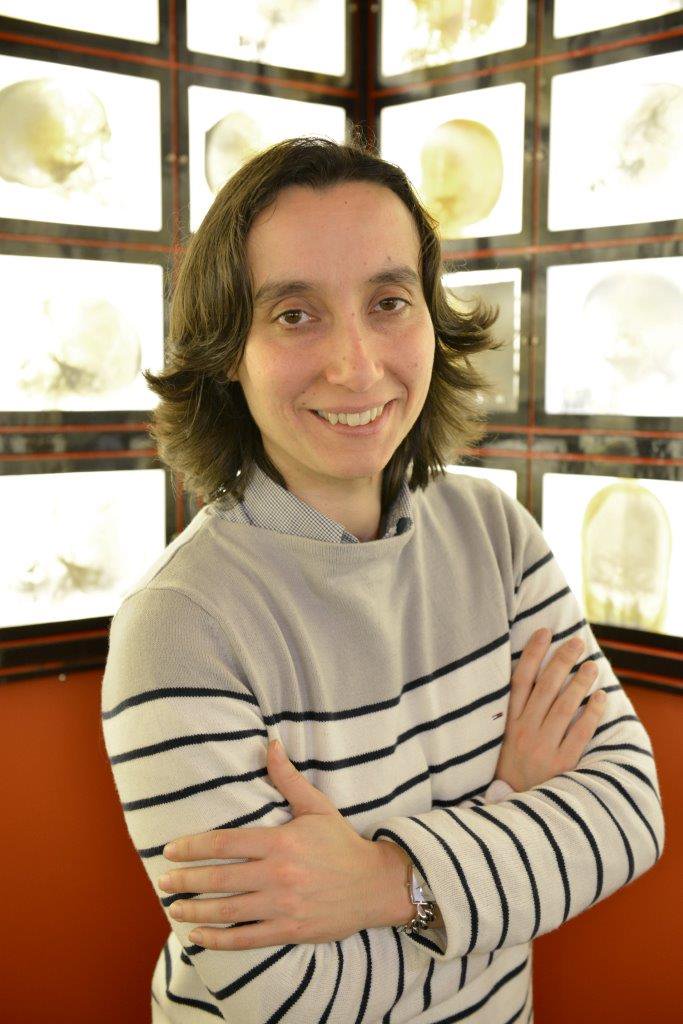
Ana Catarina Fonseca
Portugal representative on the EAN Scientific Panel on Stroke; Speaker at EAN 2021
Lisbon, Portugal
Must-See Session: Plenary Symposium 2 – Presidential Symposium
Date & Time: Sunday, 20 June, 10:00 to 12:00 in Main Auditorium
In the presidential symposium, we will have the opportunity to watch the lectures given by this year’s laureates. The lectures will be outstanding. Gabor Michael Halmagyi will address “Romberg and his famous test – what more do we know 170 years later“, Jean Claude Baron will talk about “The core/penumbra model: implications for acute stroke treatment and patient selection” and Adriano Aguzzi will present the “History of prion science“. No one should miss these lectures.
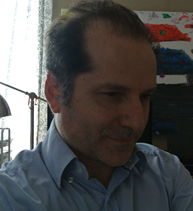
Evangelos Anagnostou
Member of the Scientific Panel “Neuro-ophthalmology-Neuro-otology” , Speaker at EAN 2021
Athens , Greece
Must-See Session: Plenary Symposium 2 – Presidential Symposium (specifially, the Moritz Romberg Lecture – “Romberg and his famous test – what more do we know 170 years later”)
Date & Time: Sunday, 20 June, 10:00 to 10:30, in Main Auditorium
Bridging the gap between systems neurophysiology and clinical neurology has been always central in the field of eye movements and balance disorders. Michael Halmagyi is a prominent example of a clinician with a background in systems physiology, whose research on the vestibulo-ocular reflex led to the introduction of the famous head thrust test. I will not be missing this plenary lecture on Romberg’s test!

Ulrike Schara-Schmidt
Invited Speaker – Transition from pediatric to adult care: Treatment for rare diseases the adult neurologist needs to know about.
Essen, Germany
Must-See Session: Plenary Symposium 2 – Presidential Symposium
Date & Time: Sunday, 20 June, 10:00 to 12:00 in Main Auditorium
For me, as a pediatric neurologist, I am interested in current developments in neurology. In this symposium I hope to hear about these topics as far as the preliminary programme can offer information.

Marianne de Visser
Co-chair Coordinating Panel on Rare Neurological Diseases; Speaker at EAN 2021
Amsterdam, The Netherlands
Must-See Session: Presentation of The EAN Task Force on Gender and Diversity Issues in Neurology
Date & Time: Sunday, 20 June, 12:30 to 13:00, in Scientific Theatre
The European Academy of Neurology has recently established a Task Force on Gender and Diversity issues in Neurology. There is growing evidence that sex and gender differences are relevant in terms of epidemiology, clinical presentation, pathophysiology, management and outcomes of various neurological disorders. Epilepsy, migraine, stroke and ALS are diseases that immediately come to mind. One should be aware of these diversity issues because they may have great impact on management, clinical trials and prevention. However, this area is still underinvestigated and only partially known by neurologists and residents.




